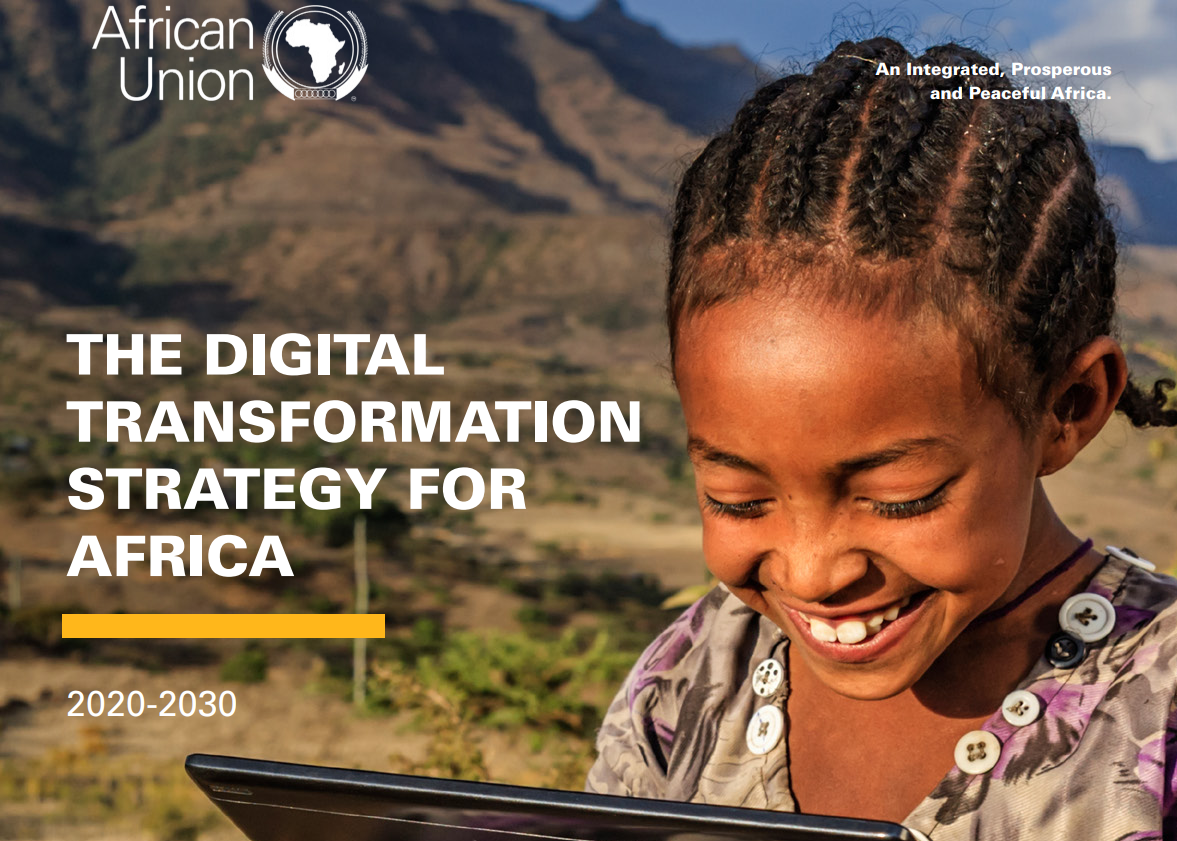Africa is stepping boldly into the digital age, with the African Union’s Digital Transformation Strategy for Africa (2020-2030) serving as a blueprint guiding this journey. This strategy is more than a document; it is a visionary plan aimed at harnessing the power of digital technology to drive economic growth, improve governance, and enhance the quality of life for all Africans.
Let’s explore three key areas that can help you fully understand the potential of this digital transformation strategy.
Read also: VC firm HAVAÍC secures $15 million for its third African innovation fund
Building a Robust Digital Infrastructure
Digital infrastructure is the backbone of any digital transformation, and Africa is no exception. The strategy sets audacious goals to ensure that every corner of the continent is connected. One of the primary goals is to increase broadband penetration to 50% by 2025 and to universal access by 2030.
It involves significant investments in fibre optic cables, satellite technology, and mobile broadband networks. For instance, the strategy highlights how deploying 5G technology is critical to supporting new applications like the Internet of Things (IoT), smart cities, and advanced manufacturing.
The strategy also emphasises the importance of cross-border infrastructure (Page 22), promoting regional cooperation to develop seamless connectivity between African countries. This not only fosters economic integration but also ensures that no region is left behind.
Imagine a farmer in a remote village using real-time weather data to make informed decisions or a student accessing online courses previously out of reach.
Empowering People through Digital Skills
Digital skills are the future currency, and the strategy strongly emphasises building human capacity. The focus is on education and training to ensure that all Africans can participate in and benefit from the digital economy.
Integrating digital literacy into the education system is a significant goal. From primary schools to universities, the strategy calls for a curriculum overhaul to include digital skills. Additionally, vocational training programs aim to equip the workforce with the necessary skills to thrive in a digital world.
Collaboration with the private sector is vital. The strategy encourages partnerships that create internship and apprenticeship opportunities, giving young Africans hands-on experience with cutting-edge technologies. Inclusivity is at the heart of this strategy.
Special initiatives to support women and youth in the digital economy, such as mentorship programs, scholarships, and entrepreneurship support, are highlighted. Such not only promotes gender equality but also ensures that the youth, who are the future leaders, are well-prepared.
Establishing Digital Governance and Policy Frameworks
Digital transformation needs a robust governance structure for it to be sustainable. The strategy outlines comprehensive measures to ensure effective digital governance. Protecting digital infrastructure, data, and online transactions is paramount.
The strategy emphasises the development of national cybersecurity policies, the establishment of regulatory bodies, and international cooperation to combat cyber threats.
Trust is a cornerstone of the digital economy. The strategy calls for comprehensive data protection laws and regulations safeguarding individuals’ privacy and personal information, essential for building trust in digital services and encouraging broader adoption.
Another goal is creating a unified digital market, which would boost the economy and make it easier for businesses to operate across borders. By harmonising digital policies and regulations across African countries, the strategy aims to reduce barriers to entry and promote cross-border e-commerce and trade.
Read also: AU honours 5 female innovators revolutionising African education with technology
Challenges to Achieving the Digital Transformation Strategy
Despite its ambitious goals, the Digital Transformation Strategy for Africa faces several challenges. One significant hurdle is the need for adequate funding and investment. Building and maintaining digital infrastructure requires substantial financial resources, which may be challenging to secure, especially in economically disadvantaged regions.
Another challenge is the digital divide within the continent. While urban areas may quickly adapt to new technologies, rural and remote areas may need more infrastructure and digital literacy. Bridging this divide requires infrastructure development and targeted educational programs to ensure inclusivity.
Cybersecurity threats pose another major challenge. As more people and businesses come online, the risk of cyber-attacks increases. Strengthening cybersecurity measures and creating robust legal frameworks to protect data and privacy are critical but complex tasks that require coordinated efforts across the continent.
Furthermore, regulatory and policy harmonisation across diverse nations with different legal systems and economic conditions is daunting. Achieving a unified digital market requires extensive collaboration and compromise among member states.
The Digital Transformation Strategy for Africa (2020-2030) is not just a plan; it’s a call to action. It outlines a future where every African, regardless of their location or background, can participate in and benefit from the digital revolution by focusing on building a robust digital infrastructure, empowering people through digital skills, and establishing solid governance frameworks.
In essence, Africans must understand and engage with this strategy, as it is a roadmap to a future where digital technology is a powerful tool for economic growth, social inclusion, and improved quality of life.




